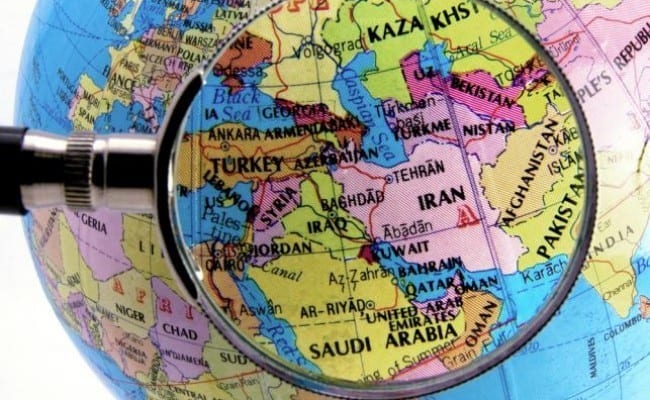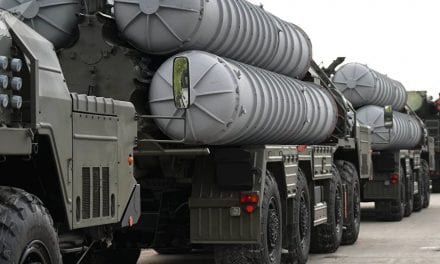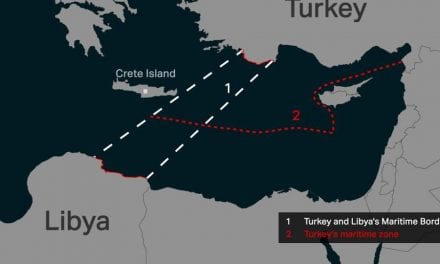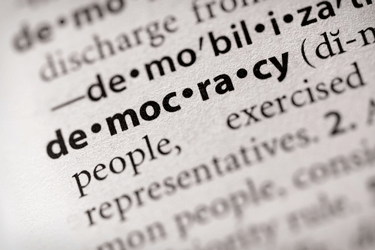Naming Jerusalem the capital of Israel triggered protests and four people died. But the anger, and response, was more contained than feared.
When President Trump recognized Jerusalem as the capital of Israel last week, his announcement was bracketed by a slew of dire warnings from around the globe that it would spark mass violence and widespread instability across the Middle East.
The Arab League, an organization of 22 mostly Arabic-speaking countries, warned on Sunday that Trump’s announcement “deepens tension, ignites anger, and threatens to plunge the region into more violence and chaos.” Hamas, the Islamist extremist group and political organization that controls the Gaza Strip, said Trump’s decision on Jerusalem “opens the gates of hell.”
The US State Department cautioned American diplomatic staff and their families to avoid Jerusalem’s Old City and the West Bank, including the cities of Bethlehem and Jericho, and to steer clear of crowds, and US embassies were instructed to be on alert for a backlash. The Israeli army sent in additional battalions to the West Bank following the announcement.
But while many thousands did take to the streets in Jerusalem, the West Bank, Lebanon, Morocco, Yemen, Indonesia and Turkey, by Monday morning they had begun to walk away. Leaders around the world condemned Trump’s decision, and the region remains on edge, but, despite street protest, the predicted tidal wave of regional instability has so far failed to materialize.
That’s not to say there wasn’t violence: Four Palestinian protesters were killed in clashes with Israeli security forces, and hundreds were wounded. On Sunday afternoon, a lone Palestinian attacker stabbed an Israeli security guard. But the incidents remained isolated and so far haven’t sparked wider protests.
So why didn’t the regional instability materialize as predicted?
Analysts say part of the reason protests in Israel and the West Bank are not being sustained is that the primary feeling among Palestinians right now is not rage, but rather despair and fatigue. “Many Palestinians who went through the second intifada don’t want to repeat it,” says Ghaith al-Omari, a senior fellow at the Washington Institute, referring to the five-year bloody uprising against the Israeli occupation that led to the deaths of over 3000 Palestinians and more than 1,300 Israelis, and thousands more wounded on both sides.
Plus, Omari adds, Palestinians sense there is a lack of direction, and a lack of stewardship, from their political leaders, and are thus reluctant to protest without a clear purpose or guidance.
However, he explains that individual acts of violence may still occur: “When there is despair, there is no way to predict what will trigger people.” Which means the situation remains potentially volatile.
Disputes over Jerusalem have provoked violence before
Israelis and Palestinians both claim Jerusalem as their capital. Though Israel’s parliament and the prime minister’s home are in Jerusalem, they sit in West Jerusalem, the side of the city Israel has controlled since 1949. Israel captured East Jerusalem in 1967 and annexed that half of the city. The international community views that land as occupied territory; the Palestinians would like it to be their capital oen day.
Since 1988 and the beginning of a peace process that envisioned a two-state solution to the conflict — that is, an independent Palestinian state and an independent Israeli state side by side — US policy has been to leave the status of Jerusalem to be decided by the two sides as part of a final peace agreement.
But decades later, there’s still no peace agreement. And the city has not stayed stagnant in the intervening years. The Israelis have continued to build neighborhoods around the city, and its two sides, East and West, have become more and more entwined.
And over the years, changes to the status quo in Jerusalem has triggered violence.
In 2000, Israel’s then-Israeli-opposition leader Ariel Sharon made a widely criticized and highly publicized visit to the central area of Jerusalem known to Jews as the Temple Mount and to Muslims as Haram al-Sharif. The move sparked riots in the city that eventually resulted in the second intifada.
Just this past July, Israeli security measures restricting access to the al-Aqsa Mosque complex set off another wave of protests and clashes between Palestinians and Israeli security forces.
This time, though, experts aren’t seeing that kind of sustained violence and chaos, and they aren’t — yet — predicting it to emerge.
Protests may start spontaneously, says Khaled Elgindy, a fellow in the Center for Middle East Policy at the Brookings Institution who served as an adviser to the Palestinian leadership in Ramallah on permanent status negotiations, but “to sustain an uprising … they have to be driven by political organization.” That’s not happening, he says, in part because “Palestinian politics is in a state of disarray.”
The biggest protest Palestinian leader Mahmoud Abbas has made thus far is his announcement that he will not meet with Vice President Mike Pence when he arrives in the region next week.
Trump’s announcement has made life very difficult for Palestinian leaders
The Palestinian Authority, the Palestinian interim government conceived in 1993 when the Oslo peace process began, is in turmoil, Elgindy notes.
Among Palestinians, several experts told me, there is a lot of frustration directed at their own leaders over their decision to try, initially, to work with the Trump administration, despite widespread concern about Trump’s approach to the region.
Trump’s announcement on Jerusalem, Elgindy says, “was a huge set back” for Palestinian leadership.
“The discourse inside Palestine,” he continues, “is that’s it’s over. Trump stabbed the two-state solution and the whole Oslo process in the heart.”
That means the frustration and concern in the Palestinian cities and towns is directed at Palestinian leaders as well as at Israel and the US. There is also a dawning anxiety that Palestinians have no purchase on the international stage. They are alone.
“I think people are a) a little bit in shock, and b) regrouping,” says Diana Buttu, a Ramallah-based analyst and a former legal adviser to Abbas and Palestinian negotiators.
“I also suspect that people are quite tired. It is exhausting to live here,” she adds. “Jerusalem is definitely important, but it is exhausting to have to think about all the issues you have to push back against on a daily basis.”



















